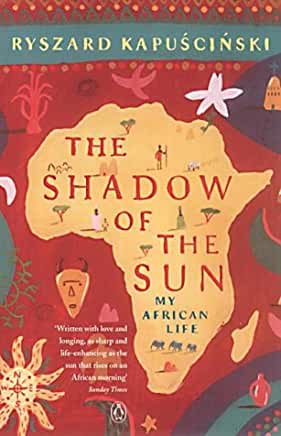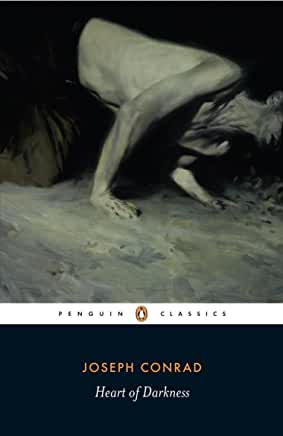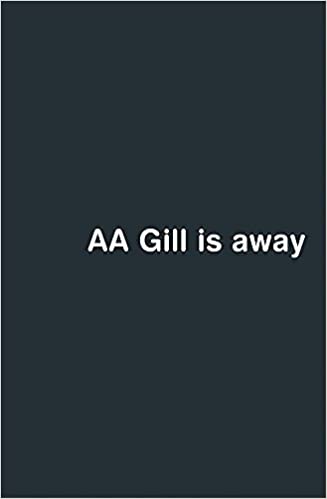In this new series, travel-writing trainer Jonathan Lorie introduces the classic travel books on his shelf and explains how these can inspire your own traveller’s tales. This week: stories you can’t believe.
‘Never let the facts get in the way of a good story’ is an old newspaperman’s tease, and it’s a temptation for any writer. Yet in travel there is a sense that what you write should be true. Readers expect a certain factuality – and are surprised to learn that writers might allow themselves a little leeway in the interests of entertainment.
The greatest victim – or perpetrator – in the battle between facts and fun was Bruce Chatwin. Acclaimed at first as the most dazzling travel writer of his generation, admired as a sort of James Bond of the genre, he was widely condemned when it slowly emerged that his books were full of what he himself admitted were ‘lies’. There are still places in Patagonia, site of his finest book, where his name is held in contempt.
Here are three much-loved books from my shelf, where the writers have not quite stuck to the straight and narrow. I invite you to judge for yourself where to draw the line.
The Shadow of the Sun, by Ryszard Kapuściński
Wonderfully readable and wildly fallacious account of the author’s years as a foreign correspondent across Africa. Acclaimed at the time as a masterpiece of reportage, it has since become controversial for its mixture of insights and untruths, with critics struggling to excuse – but obliged to admire – its ‘imaginative’ approach to presenting real places.

Wonderfully readable and wildly fallacious account of the author’s years as a foreign correspondent across Africa. Acclaimed at the time as a masterpiece of reportage, it has since become controversial for its mixture of insights and untruths, with critics struggling to excuse – but obliged to admire – its ‘imaginative’ approach to presenting real places.
Heart of Darkness, by Joseph Conrad
More honestly presented as a straightforward fiction, this novel – perhaps the greatest on Africa by a European – is actually based on facts. It springs from the author’s own journey as a ship’s captain on the Congo River in 1890. Freed from the need to be strictly factual, Conrad delves deep into the realities of life and death in colonial Congo, in a tale that becomes increasingly powerful and poignant as he sails upriver into the darkness of colonial atrocity.

A A Gill is Away, by A.A. Gill
Neither reportage nor fiction, this hugely entertaining collection of articles by the celebrated Sunday Times writer offers a middle way of treating the facts – as self-confessed opinion. Gill offers robust views on genuine experiences. Readers can judge for themselves whether he gets it right or goes too far – but at least we know what we’re reading.

Tips from a travel writer
If you’re writing up your own travel stories, I’d advise you not to lie too much. If you’re writing for journalistic publication, keep it totally clean – editors will never forgive you for straying from the truth. If you’re writing for entertainment – in a blog, say, or a book – then a certain amount of licence is allowed: maybe you went there on Sunday not Friday, or maybe someone else said this. But facts that are important, especially about named or recognisable places or people, are expected to be accurate.
One way around this is to present what you don’t know, or might be disputed, as clearly an opinion. It might be yours, or might be a quote from a local or an expert. Equally, if you didn’t see something, you don’t have to pretend you did: you could be honest about the failure, or quote someone else describing it. Better still – go back and see it. I’ve always believed that a clever writer has no need to lie: there are better ways around any gaps within your tales.
On the other hand, if you are using facts, make them good ones: interesting, accurate, relevant. Check them against two reliable sources if you can. And don’t regard social media or local gossip as entirely unbiased. Stick to what you’ve seen and heard, and you can’t really go wrong.
Being trusted by your readers is an insurance policy worth having, as Chatwin found to his cost.
More information
Jonathan Lorie is the author of The Travel Writer’s Way: turn your travels into stories (Bradt, £14.99), the ultimate handbook for aspiring travel writers. He teaches travel writing at www.travellerstales.org.